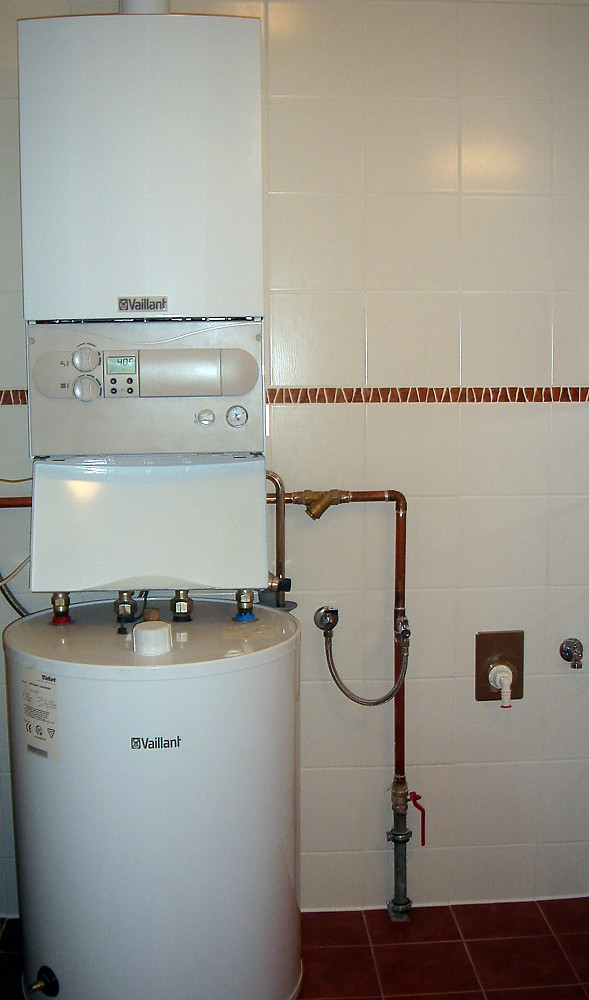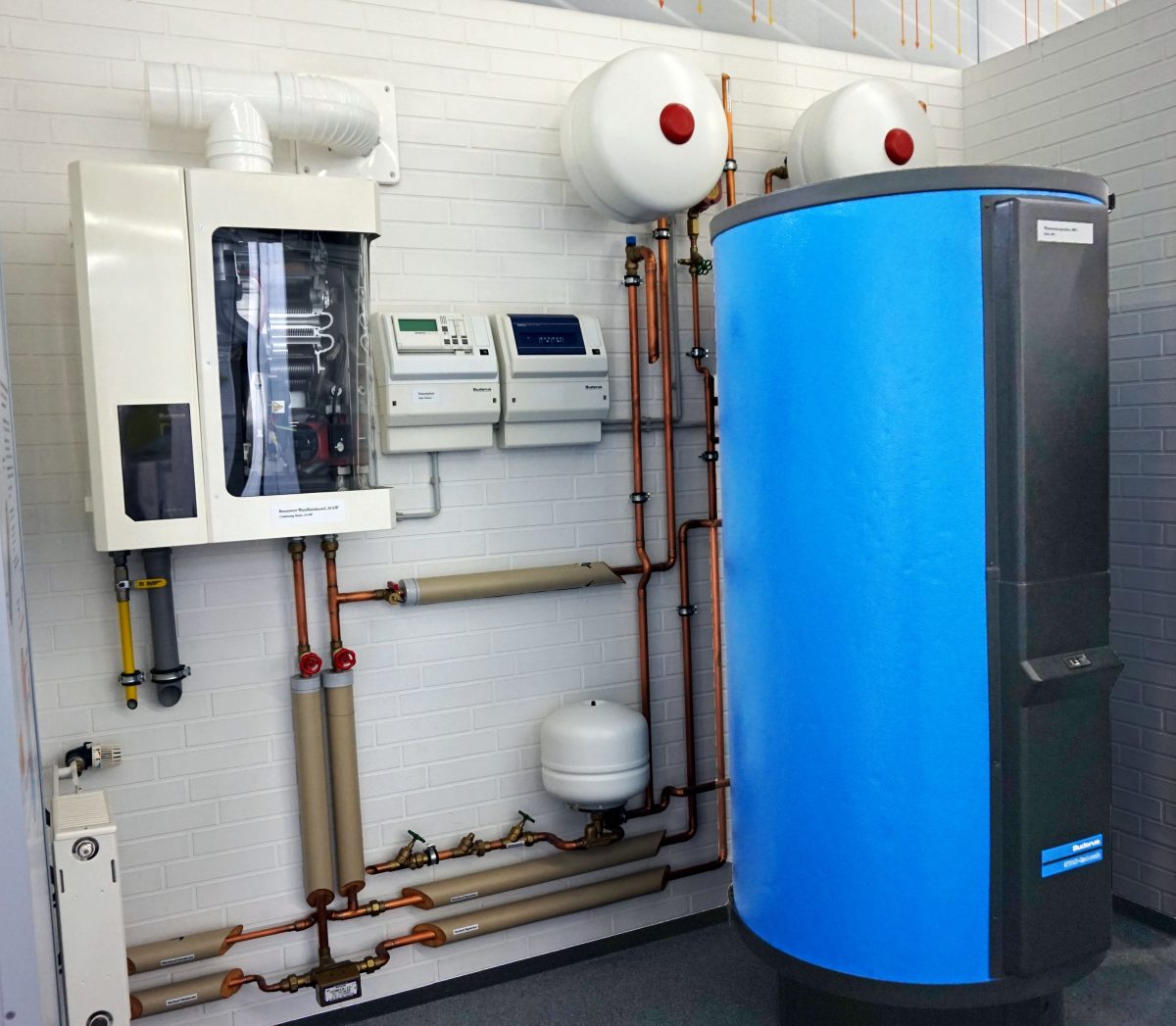When Should I Replace My Heater
Detailed questions:
– What are the warning signs that a heater needs to be replaced?
– What is the benefit of replacing an old heater that is still working?
– What should I look out for when changing my heater?
– Do you have any other comments or advice for people who want to change their heater?
What are the warning signs that a heater needs to be replaced?
– Your old heater often breaks down, regularly trips, and requires frequent repairs (the costs of which are more expensive than a new heater).
– You experience thermal discomfort at certain times of the year: some rooms no longer reach the required comfort temperature, domestic hot water is insufficient (low flow of hot water …)
– Your energy consumption (in kWh) regularly increases each year while your uses (occupancy of the dwelling, requested interior temperatures, number of people at home…) have not changed.
What do you gain by changing your old heater that is still working?
A more or less significant reduction in your energy bill: compared to a conventional heater (more than 20 years old) and depending on the energy source and regulation chosen, you can expect to save 20 to more than 60% compared to your old installation!
You will obtain or regain a better comfort level, as many heaters are delivered as standard with more efficient, user-friendly, and “intelligent” controls.
You will take the opportunity to have your heating system cleaned and to bring your installation up to standard if necessary for your safety.
Finally, you will limit the impact of your home on the environment (reduction of CO2 emissions) and improve its energy label, an interesting point in case of renting or reselling your property.
What should I pay attention to when changing my heater?

Always choose a model adapted to your needs (e.g., volume to be heated, required DHW flow)? It must allow a reasonable return on investment (maximum ten years depending on the robustness of the model chosen, as well as the brand).
Do not oversize your installation based on the power of the old heater by adding the power of the existing radiators or by refering to your neighbors’ installations. On the other hand, the correct sizing of your heater will allow you to limit your energy consumption and increase the duration of the cycles. Finally, it will reduce the production of toxic substances and unburned material at each stop/start of your heater. The losses at the stop are proportional to the heater’s power.
Consider the technical constraints for some heaters (condensation heaters, flue outlet, flue lining, etc.).
If your location and your budget allow it, opt for an integrated DHW tank, even if an electric heater with instantaneous production can also obtain your DHW needs. This way, you will again get fewer operating cycles and better efficiency (less consumption). It is known that a combi heater (heating + domestic hot water production) is generally more economical than a separate heater + water heater system, often connected to electricity. However, this is not necessarily the case if you opt for a solar or thermodynamic water heater. On the other hand, this configuration (except with mixed heaters) allows you to use one of the 2 systems: this preserves a function in case of failure or maintenance of one or the other system.
Opt at least for a regulation on a room thermostat. This allows you to produce an optimal heating water temperature according to the external climatic conditions throughout the year… and thus reduce your consumption.
Opt for brands that have been around for several years (avoid “exotic” brands) and have a network of approved maintainers. This ensures that you will be able to service your heater for its entire life cycle.
Compare the different models presented to you, and don’t stop at the financial aspect alone. The brand or marketing effect plays a minimal role, and everything is paid for one day or another in heating. So, if you choose a “first price” brand/model, the initial financial investment will undoubtedly be lower. Still, it will be primarily compensated, even exceeded, by frequent repair costs, especially by a shorter lifespan!
Read more: How Long Should Your Hot Water Heater Last?
Do you have any other comments or advice to give to those who want to change their heater?
For the installation of your heater, it is essential to call recognized professionals. For example, they may be approved by the brand for their skills and product expertise, or they may have qualifications in the energy used by your future heater.
Avoid professionals who do not come to your home to analyze your needs or your installation. They will give you an estimate by phone or by mail without any visit.
If you are installing your heater, it is important to remember that there are standards and rules, especially for gas. Thus, an accredited organization must control a gas installation not carried out by an approved professional in all cases. This is necessary to obtain a certificate of gas conformity and thus be covered by your insurance in the event of a disaster.

